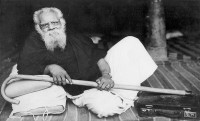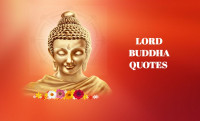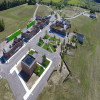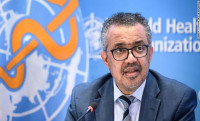Best quotes of Dr. B R Ambedkar
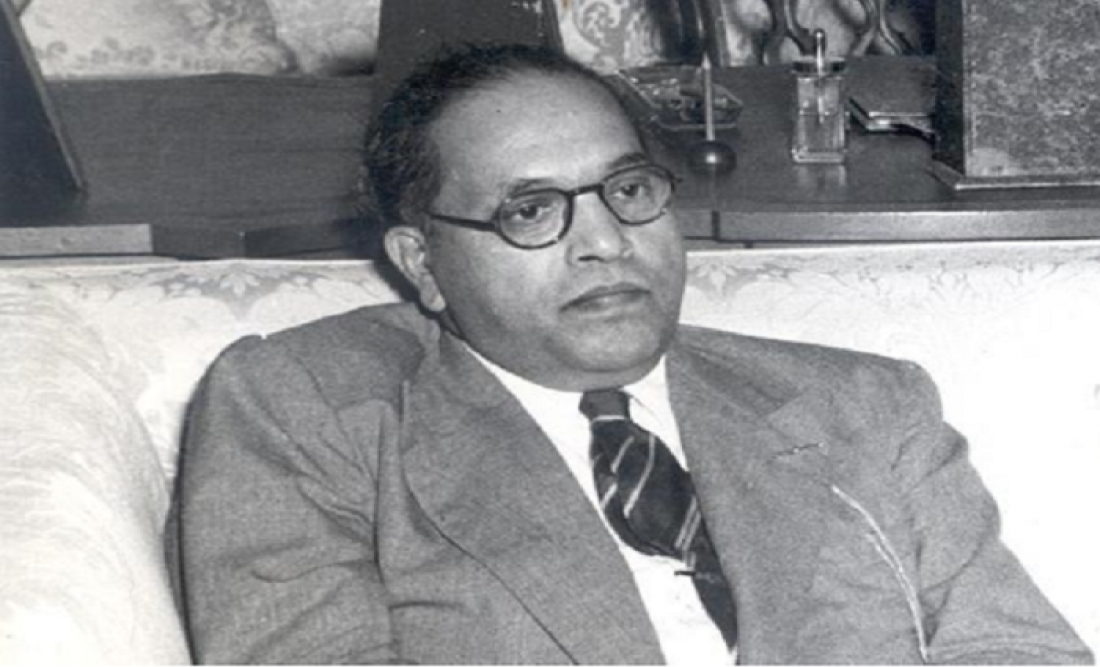
Bhimrao Ramji Ambedkar, also known as Babasaheb, was an Indian politician, jurist and economist. Ambedkar was born into a Dalit family and his experiences of isolation as a school student had a profound impact on his life. He attended Elphinstone High School, Mumbai, and became the only untouchable student there.
He finally received his doctorate from the London School of Economics in 1923. He became a professor and became known as a talented political thinker, lawyer and economist. However, he is best known for his activities as a social reformer who fought against the Hindu caste system and opposed discrimination against untouchability.
Additionally, he was an extremely important member of the Indian freedom struggle and had published a number of journals on negotiations related to this process. Ambedkar also played an important role in drafting the Constitution of India after independence. We all know that Ambedkar was a great motivator, speaker, political thinker and social activist.
In 1894, Bhimrao Ambedkar's father retired and two years later, Ambedkar's mother died. The children were looked after by their aunt in difficult circumstances. Only three sons of Ramji Sakpal, Balaram, Anandrao and Bhimrao, and two daughters Manjula and Tulasa survived in these difficult conditions. Among his brothers and sisters, only Ambedkar succeeded in the school examination and after that he was able to go to the big school. Ambedkar removed Sakpal from his name and added Ambedkar, based on his village name "Ambavade", at the behest of one of his Deshastha Brahmin teachers, Mahadev Ambedkar, who had special affection for him.
During an exploited class conference on August 8, 1930, Ambedkar put his political vision in front of the world, according to which the protection of the exploited class is in being independent from both his government and the Congress.
Though BR Ambedkar's journey was not easy, he accomplished it with honesty, dedication, determination and hard work; His thoughts inspire us to do so.
In 1990, posthumously, Dr. Ambedkar was awarded the "Bharat Ratna", the highest civilian award in the country.
His multifaceted brilliance and scholarship is also reflected in his thoughts, read his precious thoughts:
- “Life should be great rather than long.”
- “I like the religion that teaches liberty, equality and fraternity.”
- “They cannot make history who forget history”.
- “Be Educated, Be Organised and Be Agitated”
- “If I find the constitution being misused, I shall be the first to burn it.”
- “Religion is for man and not man for religion”
- “A bitter thing cannot be made sweet. The taste of anything can be changed. But poison cannot be changed into nectar.”
- “The relationship between husband and wife should be one of closest friends.”
- “Cultivation of mind should be the ultimate aim of human existence.”
- “A great man is different from an eminent one in that he is ready to be the servant of the society.”
- “We are Indians, firstly and lastly.”
- “It is not enough to be electors only. It is necessary to be law-makers; otherwise those who can be law-makers will be the masters of those who can only be electors.”
- “So long as you do not achieve social liberty, whatever freedom is provided by the law is of no avail to you.”
- “Caste is not a physical object like a wall of bricks or a line of barbed wire which prevents the Hindus from co-mingling and which has, therefore, to be pulled down. Caste is a notion; it is a state of the mind.”
- “Law and order are the medicine of the body politic and when the body politic gets sick, medicine must be administered.”
- “Indifferentism is the worst kind of disease that can affect people”
- Equality may be a fiction but nonetheless one must accept it as a governing principle.”
- “A safe army is better than a safe border”
- “Unlike a drop of water which loses its identity when it joins the ocean, man does not lose his being in the society in which he lives. Man’s life is independent. He is born not for the development of the society alone, but for the development of his self.”
- “Indians today are governed by two different ideologies. Their political ideal set in the preamble of the Constitution affirms a life of liberty, equality and fraternity. Their social ideal embodied in their religion denies them.”
- “Men are mortal. So are ideas. An idea needs propagation as much as a plant needs watering. Otherwise both will wither and die.”
- “Political democracy cannot last unless there lies at the base of it social democracy. What does social democracy mean? It means a way of life which recognizes liberty, equality and fraternity as the principles of life.”
- “The sovereignty of scriptures of all religions must come to an end if we want to have a united integrated modern India.”
- “I measure the progress of a community by the degree of progress which women have achieved.”
- “An ideal society should be mobile, should be full of channels for conveying a change taking place in one part to other parts. In an ideal society, there should be many interests consciously communicated and shared.”
- “Some men say that they should be satisfied with the abolition of untouchability only, leaving the caste system alone. The aim of abolition of untouchability alone without trying to abolish the inequalities inherent in the caste system is a rather low aim.”

Manoj Bhiva
Manoj Bhiva is a dedicated writer who loves to write on any subject. Manoj Bhiva maintains a similar hold on politics, entertainment, health, abroad articles. Manoj Bhiva has total experience of 3 years in web and Social. Manoj Bhiva works as a writer in Wordict Post.
Russian Rocket 'Totally Destroys' Dorm, Unknown Amount Dead: Zelensky
Posted on 18th Aug 2022

